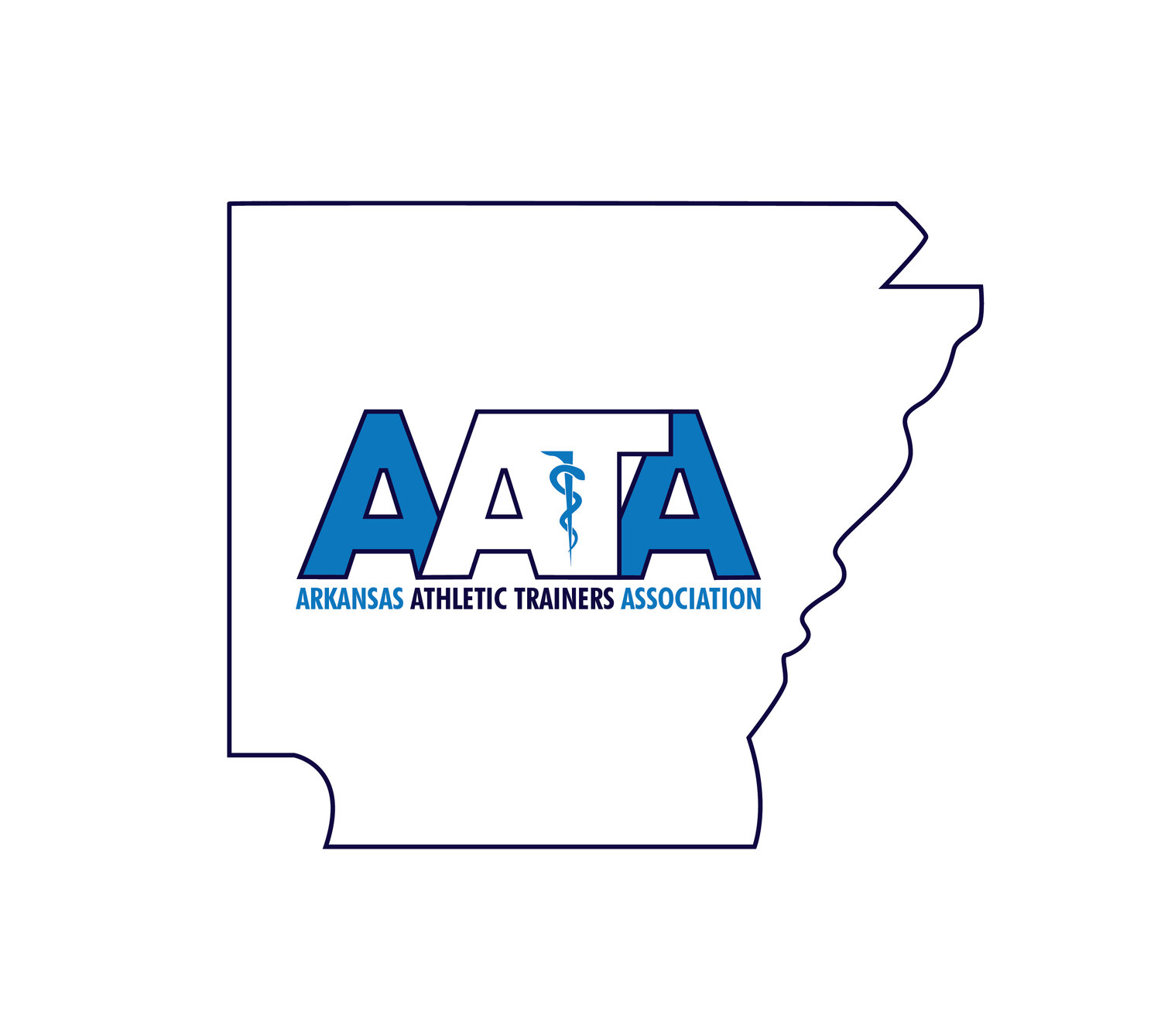Governmental Affairs Committee
Current Chairs:
Jonathan Elrod, Legislative Affairs
VACANT, Practice Advancement
Mission Statement:
The mission of the AATA Governmental Committee is to improve and advance the profession of athletic training through awareness and educating members of the Arkansas Legislature, as well as keeping the AATA membership informed of legislative issues regarding athletic training.
Objectives:
Monitors governmental activities that may impact the athletic training profession.
Review legislation and regulatory changes for their impact on athletic training.
Develop and coordinate state legislative and regulatory strategies.
Develop and propose solutions to public health problems in cooperation with AATA members, legislative and state administrative staff.
Supports a political education program designed to assist members in the legislative and public policy process.
Support education programs for association meetings involving legislative, governmental and public policy issues.
Supports members to testify before boards, commissions and committees regarding athletic training issues.
Increase AT stakeholders in the community by advocating for meaningful use.
Members of the Governmental Affairs Committee should ideally possess the following traits:
Knowledgeable: Members should have a good understanding of the political system and the issues facing the government. This will enable them to contribute effectively to discussions and make informed decisions.
Objective: Members should be able to set aside personal biases and opinions when making decisions. They should be able to consider all sides of an issue and make decisions based on what is best for the country or community as a whole.
Collaborative: Members should be able to work well with others and be open to different perspectives. Collaboration and compromise are often necessary to achieve effective governance.
Ethical: Members should have a strong sense of ethics and integrity. They should be able to make decisions that are in the best interest of the public and not influenced by personal gain.
Communication Skills: Members should have strong communication skills, both verbal and written, to effectively articulate their ideas and opinions. They should also be able to listen actively and respectfully to others.
Leadership: Members should possess leadership skills and be able to guide and motivate others towards a common goal.
Strategic Thinking: Members should have the ability to think strategically and consider the long-term implications of their decisions. They should be able to anticipate potential issues and develop plans to address them.
Diplomacy: Members should possess diplomacy skills and be able to navigate complex political situations and relationships with other government entities, stakeholders, and the public.
